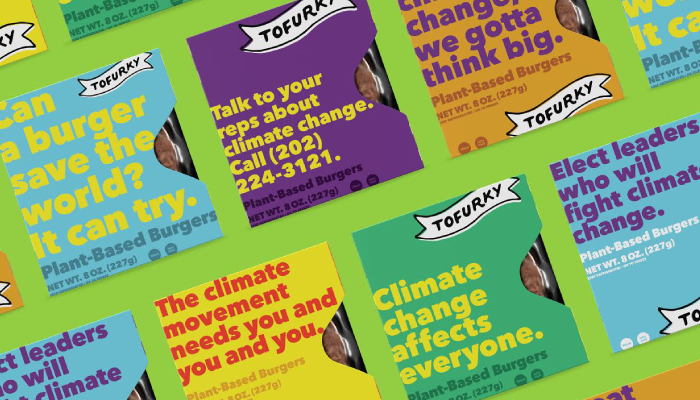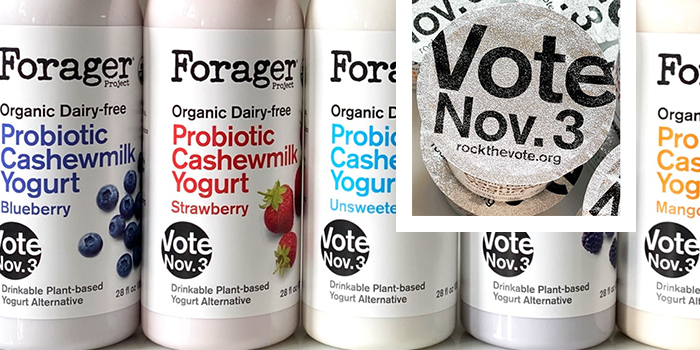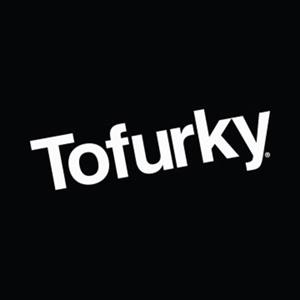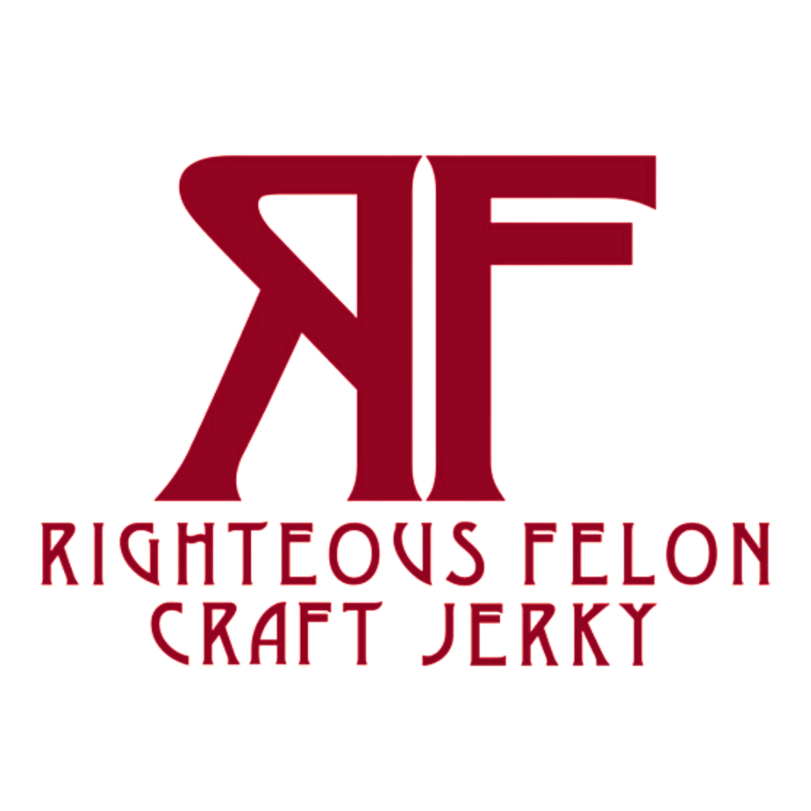Tofurky to Use Packaging to Advocate for Climate Change Action

Whether it’s taste or growing costs, consumers have long had to consider sacrifices in order to protect the environment. Now a brand is sacrificing precious label space for the same goal, even minimizing its own brand name and other front-of-pack callouts to promote sustainability.
With its bold new packaging for its plant-based burger hitting retailers this month, alt-protein brand Tofurky is effectively putting its branding on the line to ask sustainability-minded consumers to take the next step beyond plant-based purchases, encouraging environmental advocacy through civic engagement.
With the new design, the brand will use its burger packaging as a “mini billboard,” encouraging consumers to advocate for action on climate change. While some of the new packages now offer general messages about sustainability (“To beat climate change, we gotta think big”), others have more specific calls to action, telling consumers to “Talk to your reps about climate change,” and including the number of the United States Capitol switchboard. The packaging also features a QR code that directs consumers to a new website page that contains further information on contacting representatives, details on how plant-based eating reduces carbon emissions and resources to learn more about additional related topics like the Green New Deal and the connection between climate action and racial justice.
“There’s more that we can all do, and [this packaging] is a sort of a call to action to kind of piggyback on this virtuous act of buying a plant based burger instead of an animal-based burger,” Tofurky president and CEO Jaime Athos said.
Within the crowded plant-based burger category, the new packaging allows the brand a way to differentiate and put a focus on the company’s sustainability efforts across its products, packaging and political advocacy, Athos said. The plant-based burgers themselves, launched in January 2020, have also been reformulated to have a shelf life of 30 to 40 days in order to reduce waste, according to the company. The burgers’ packaging was already designed with sustainability in mind — using less paperboard and plastic than other plant-based burger brands. Tofurky has priced the burgers at $5.99 for a 2-pack, hoping this lower up-front price point allows more shoppers to try a plant-based item.
Athos recognizes that there are risks associated with the new packaging calling attention to the often politicized issue of climate change, an issue he sees as “really not controversial.” Still, as retail grocery is a “conventional type of business,” he foresees that not every store will be willing to risk any discord the packaging might cause. The natural channel, which tends to attract more values-based shoppers, will likely be the best place for the packaging “if nothing else,” Athos said. Still, Athos said the company aimed to create “non-polarizing” messages that were clear about their intention without isolating consumers.
“I can sympathize with retailers that are worried about controversy,” he said. “[But] I don’t think it’s controversial to say, ‘talk to your elected representatives.’ That’s something that we were told in civics classes as children, but it’s a little bit of a hot button issue for us as professionals and adults. That seems a little skewed. So I think putting that message out there is intended to counteract that kind of skewed intuition.”
The new labels follow Tofurky’s efforts in recent years “to cure some of the wrong directions that some of our elected leaders are taking,” Athos said, by advocating for the free speech rights of plant-based brands in several legal battles over plant-based labeling laws in states like Louisiana, Missouri and Arkansas. Athos noted that when creating the new packaging, Tofurky “didn’t specifically think about” whether these labels could potentially interact with state labeling laws.
Unlike many leading plant-based meat brands like Beyond Meat, MorningStar Farms and Gardein, Tofurky is an independent and family-owned company, Athos noted, and thus is not afraid to take big swings and be “less risk averse” in its packaging, messaging and advocacy efforts.
“I recognize and sympathize with companies that have shareholders that they’re beholden to that expect a return on investment,” he said. “I think with those expectations comes fear.”

Tofurky isn’t the only brand that’s recently used its packaging to spark consumer action. Last October, plant-based dairy and snack brand Forager Project launched a “Cultivate Democracy” campaign that included limited edition packaging to mobilize voters ahead of the presidential election. Its yogurt, kefirs and milks featured the message to “Vote Nov. 3” on lids and front of pack, encouraging consumers to visit rockthevote.org. Co-founder and CEO Stephen Williamson said in a press release that the packaging was aimed at helping “plant seeds for people to participate.”
This kind of direct on-pack messaging has gained traction in the food and beverage industry in recent years, said Becky Nelson, partner at packaging design firm Bex Brands. Consumers increasingly want to understand a brand’s personality, perspective and values, she said, as well as how a brand “impacts the rest of the ecosystem.”
“Whether a brand is planting a stake in the ground regarding a particular cause, using a specific dialect or slang, or expressing emotions in general, we’ve just turned up the dial on all of it as a culture in recent years,” she said.
Brands might “run the risk of turning some people off,” with packaging like this, but it also helps them stand out from the crowd and increase brand equity, Nelson said.
“While these statements are bold, the Tofurky customer or potential customer likely shares these values, so along with a lot of head-nodding, you could also see this reinvigorating their sales,” Nelson said.
For Tofurky, the ultimate goal is to “spark conversation and activity,” and the company will evaluate the reception of the packaging and whether the company has achieved this goal before creating longer term plans for additional packaging rollouts with different messaging.
“Some of the biggest impact we make is just in what we choose to consume… we just really want that message to get into people’s brains the moment they have a choice in front of them and a chance to do something about it,” Athos said. “Our job at Tofurky and as an industry is to make it not an expensive proposition, [but] a tasty proposition, a convenient proposition.”

















